When can I return to work after gastric sleeve surgery in Mexicali?

Considering gastric sleeve surgery in Mexicali is a huge step towards a healthier future, but it's natural to have questions, especially about the recovery process. You're likely wondering, "How long will it take until I feel 'normal' again?" and "What does the recovery journey actually look like?" The good news is that the gastric sleeve procedure, performed laparoscopically, has a much faster recovery time than traditional open surgeries. Mexicali has become a center of excellence for bariatric procedures, offering world-class medical care at a fraction of the cost in the U.S., without compromising on quality or safety. The surgeons and medical teams there are highly experienced in guiding international patients through every step of the process.
This guide is designed to give you a clear, comprehensive overview of the gastric sleeve recovery timeline when having your surgery in Mexicali. We'll walk you through what to expect from the moment you wake up from surgery to the weeks and months that follow. We'll cover the crucial dietary stages, when you can safely return to work and exercise, and how to manage your recovery once you've returned home. Understanding this timeline will not only ease your anxieties but also empower you to play an active role in your healing and long-term success. The journey is a marathon, not a sprint, and knowing the path ahead is the best way to prepare for a smooth and successful transformation.
How long is the hospital stay for a gastric sleeve in Mexicali?
The standard protocol in most top Mexicali bariatric centers is to keep you in the hospital for close monitoring immediately following your procedure. During this time, the medical staff will manage any post-operative pain, ensure you are tolerating sips of clear liquids, and help you walk for the first time after surgery. This short, intensive period of observation is crucial for ensuring there are no immediate complications.
After your hospital stay, you won't go straight to the airport. Most surgical packages include a few additional nights at a nearby recovery-friendly hotel. This allows you to rest and recuperate in a comfortable setting while remaining close to your surgeon for a final check-up before you are cleared to fly home. This structured process ensures a safe and supervised initial recovery.
What does the first week of recovery look like?
This first week is all about healing. You will feel tired and will likely have some abdominal soreness and bloating from the gas used during the laparoscopic surgery. Your primary job is to rest, walk, and sip. Walking is incredibly important—it helps relieve the gas pain, improves circulation, and is the single best thing you can do to prevent post-operative complications.
Your diet will be restricted to clear liquids like water, broth, and unsweetened juices. Your bariatric team in Mexicali will provide a detailed list of approved liquids. By the end of the week, you will have had your post-op check-up and will likely be cleared to travel home, armed with detailed instructions for the next phase of your recovery.
When can I fly home after surgery in Mexicali?
Bariatric surgeons in Mexicali are highly experienced with international patients and have fine-tuned their protocols for travel. The 3-5 day window gives your body enough time to begin the healing process and for your surgeon to confirm you are stable and recovering as expected. This final check-up is essential for peace of mind before you begin your journey home.
During your flight, it's important to stay hydrated and to get up and walk down the aisle every hour or so to keep your blood circulating. Many patients find it helpful to request an aisle seat for this reason and to inform the flight attendants that they have recently had surgery.
What is the post-op diet like after a gastric sleeve?
This phased diet is critical for allowing your stomach's staple line to heal properly and for you to learn how to eat with your new anatomy. Rushing this process can cause pain, vomiting, and serious complications. Your surgeon in Mexicali will provide a very specific timeline and guide.
Here is a typical progression:
How much pain should I expect after surgery?
You will not be in excruciating pain. The most common complaint is not incision pain, but rather a sharp, sometimes radiating pain in the chest and shoulder area. This is referred pain from the carbon dioxide gas used to inflate your abdomen during surgery. This gas gets trapped and irritates nerves, but it dissipates over a few days. Walking is the best medicine for this type of discomfort.
Your surgical team will provide pain medication both in the hospital and for you to take home. Most patients find they only need prescription-strength pain relief for a few days, after which over-the-counter options like Tylenol are sufficient.
When can I return to work?
The main limiting factor for returning to work is your energy level and physical comfort. In the first couple of weeks, you will likely still feel quite fatigued as your body is dedicating significant energy to healing and adjusting to a very low-calorie diet. It's important not to push yourself too hard, too soon.
Even if you have a desk job, listen to your body. You may want to arrange for a phased return, such as working half-days for the first week back. Always discuss your specific job duties with your surgeon to get a personalized recommendation.
What are the activity and lifting restrictions?
Following activity restrictions is crucial to prevent hernias at the incision sites. While your small external incisions heal quickly, the internal muscle tissue takes longer to regain its full strength. The main rules are:
- Walking: Start immediately and do it often.
- Lifting: No heavy lifting, pushing, or pulling for at least one month.
- Driving: You can typically drive after one week, provided you are no longer taking narcotic pain medication.
- Formal Exercise: Wait for your surgeon's clearance (usually around the 6-week mark) before resuming activities like jogging, swimming, or weight training.
Will I need to take vitamins and supplements forever?
Nutritional deficiencies are a serious risk after any bariatric surgery. To prevent complications like anemia, osteoporosis, and neurological issues, you must commit to a daily regimen of supplements. Your bariatric team will provide a specific list, which almost always includes:
- A complete bariatric multivitamin
- Calcium citrate with Vitamin D
- Vitamin B12 (often in sublingual or injection form)
- Iron, on an as-needed basis determined by bloodwork
Your clinic in Mexicali will schedule regular follow-up labs to monitor your nutritional levels and adjust your supplement plan as needed. This is a lifelong commitment to your health.
What are common side effects during recovery?
It's important to understand that your body is undergoing a massive change, and there will be some temporary side effects. Hair thinning (telogen effluvium) is very common around months 3-6 post-op due to the shock of surgery and rapid weight loss. Ensuring you meet your protein goals can help minimize this, and it almost always grows back.
You may also feel cold more often, experience dry skin, and have fluctuations in your mood. These are normal parts of the journey. Staying connected with your support system and bariatric team is key to navigating these changes.
How do I care for my incisions?
Your surgeon will likely use surgical glue or small adhesive strips (Steri-Strips) to close your incisions. You can typically shower within 48 hours of your surgery, but you should avoid soaking in a bath or pool for at least three weeks. Pat the incisions dry gently after showering. The glue or strips will fall off on their own within a couple of weeks. There is no need for special creams or ointments unless instructed by your surgeon.
Ready to take the next step in your weight loss journey? PlacidWay is your trusted partner in connecting you with world-class bariatric clinics and surgeons in Mexicali and beyond. Explore your options and get a personalized quote to start your transformation. Your path to a healthier life is just a click away!


.png)

.png)



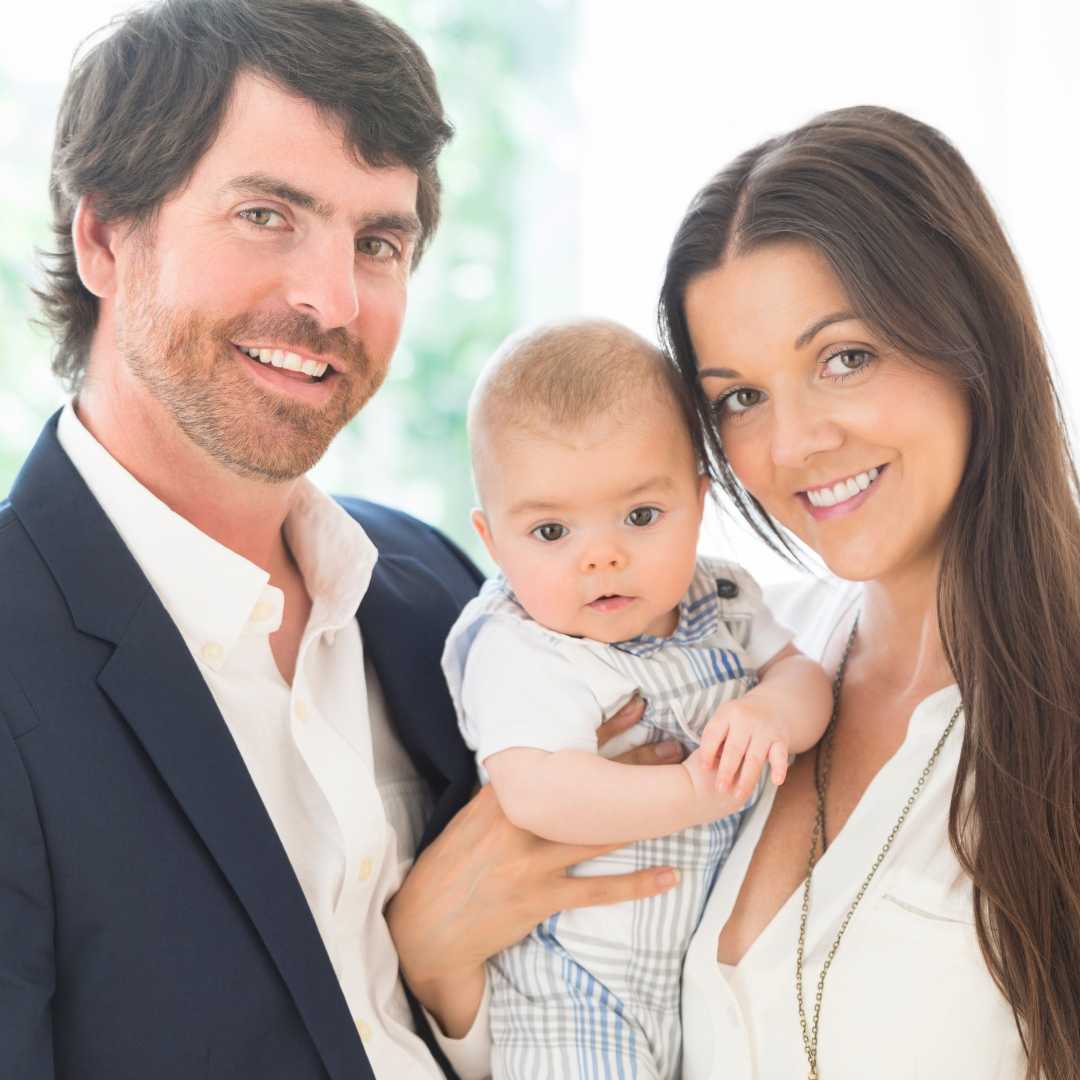
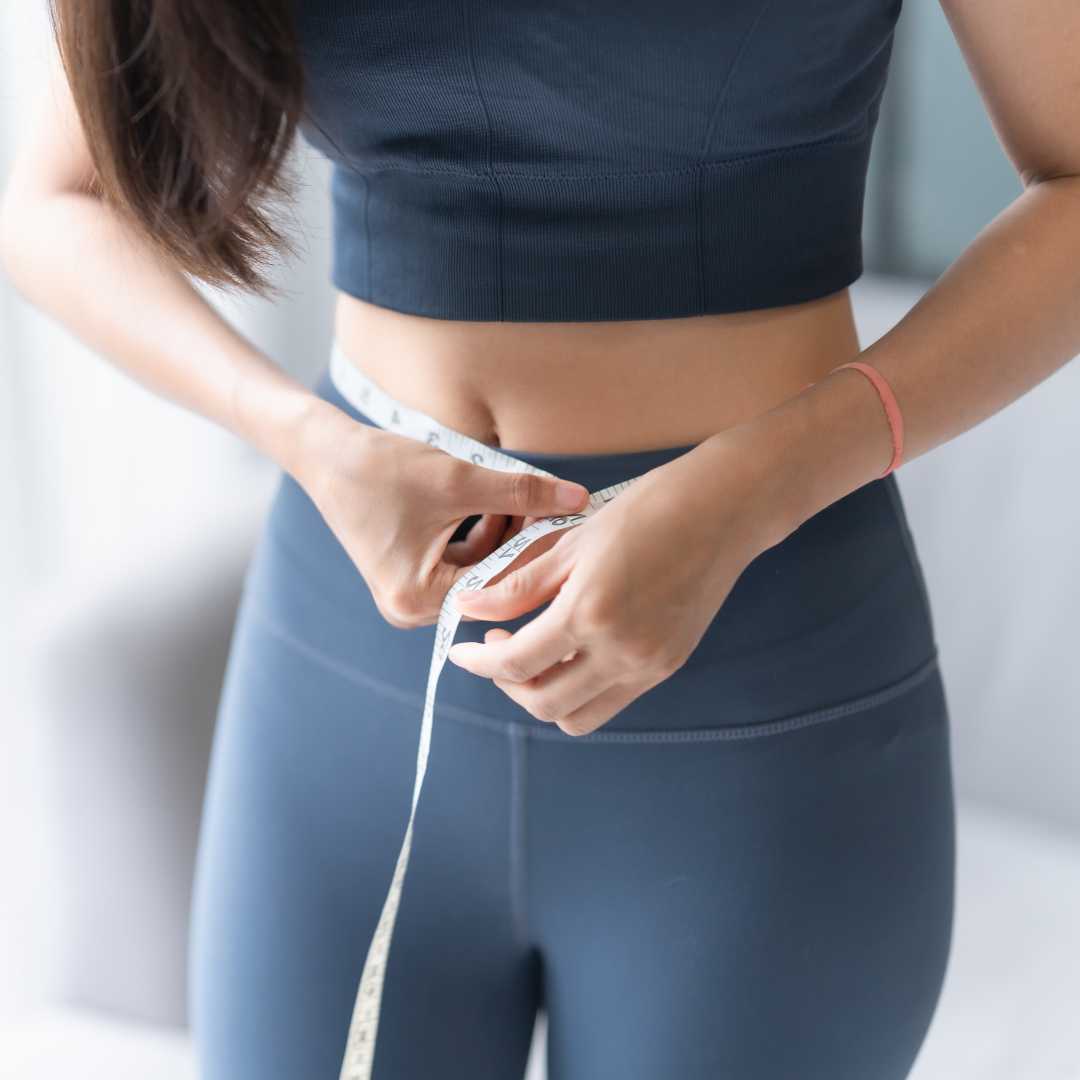

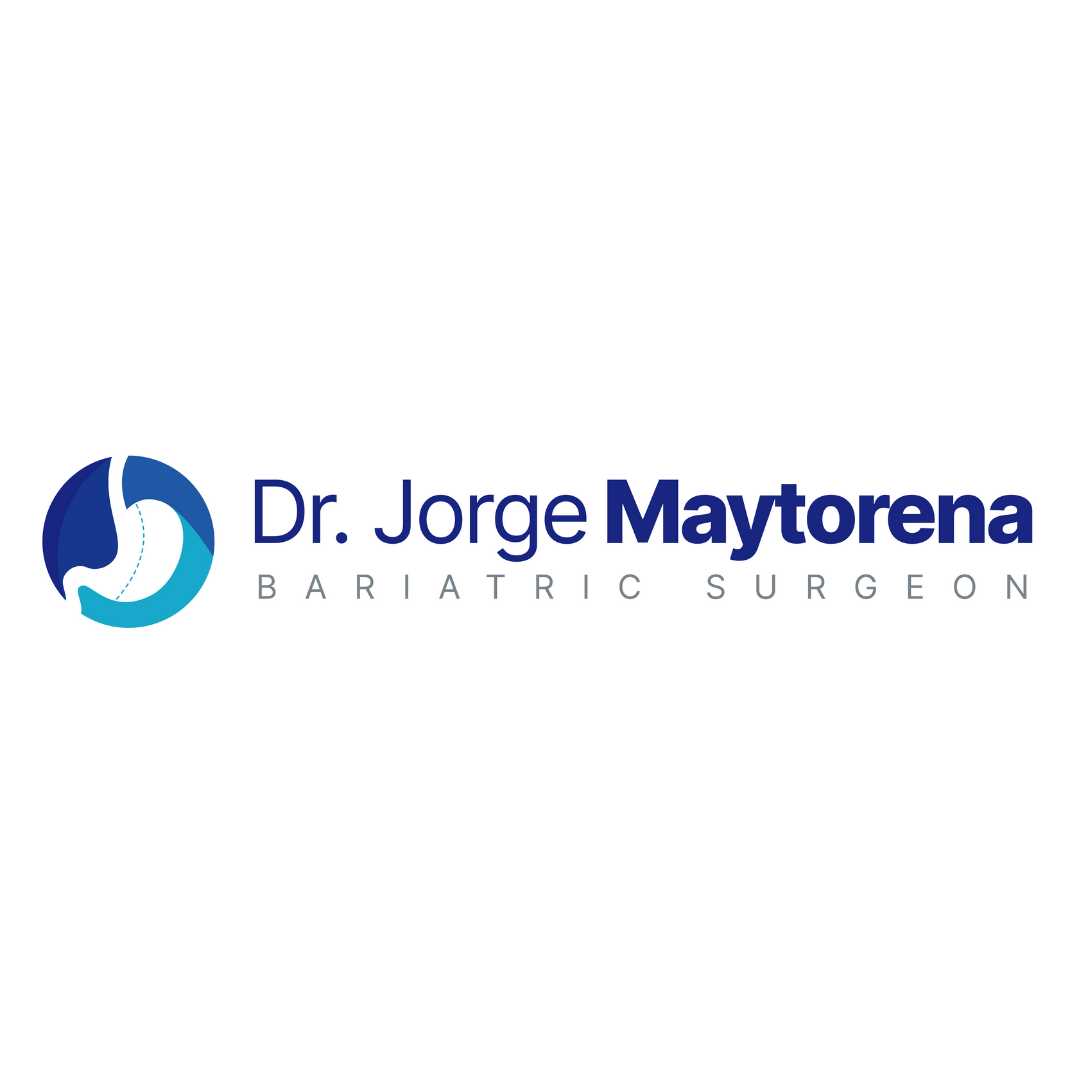

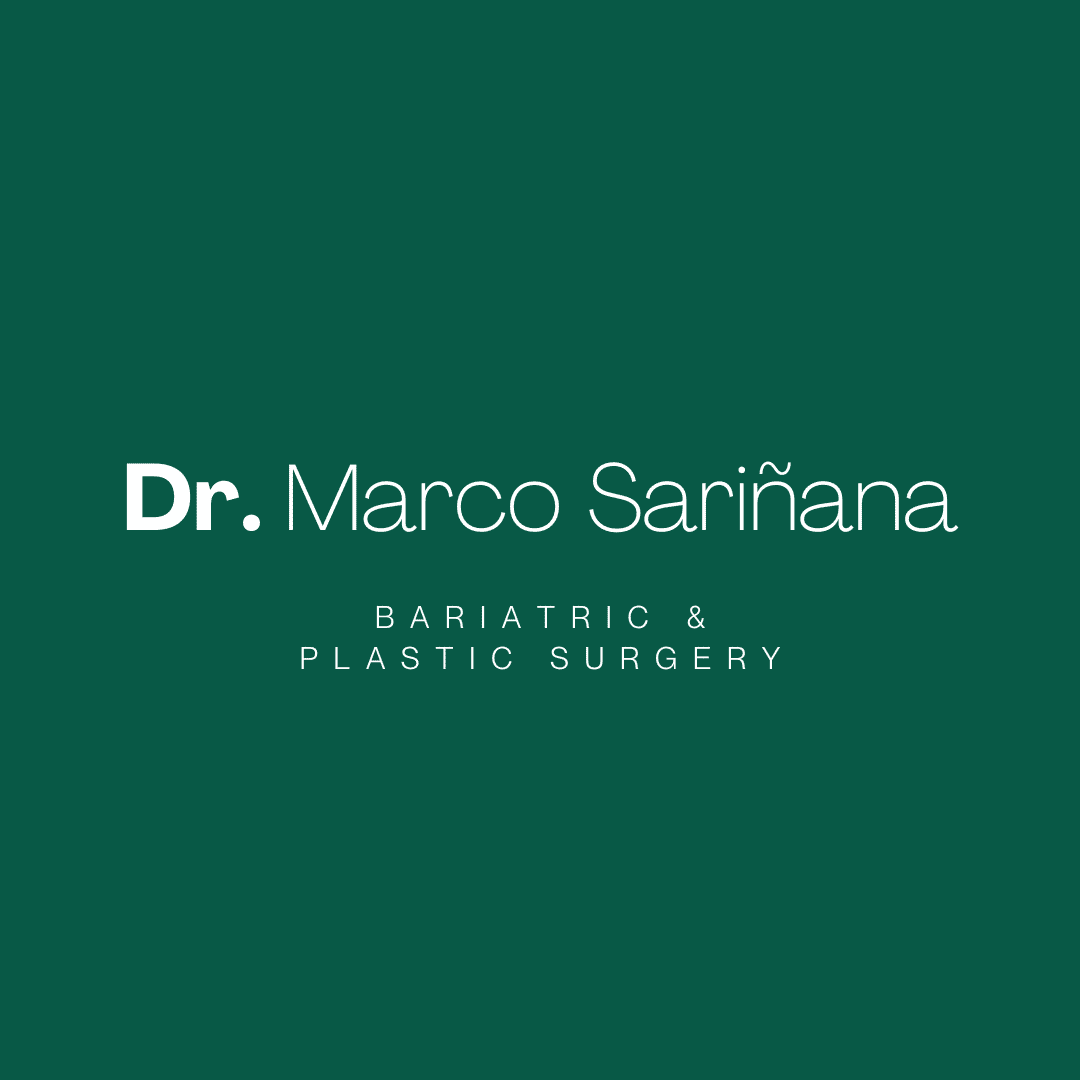

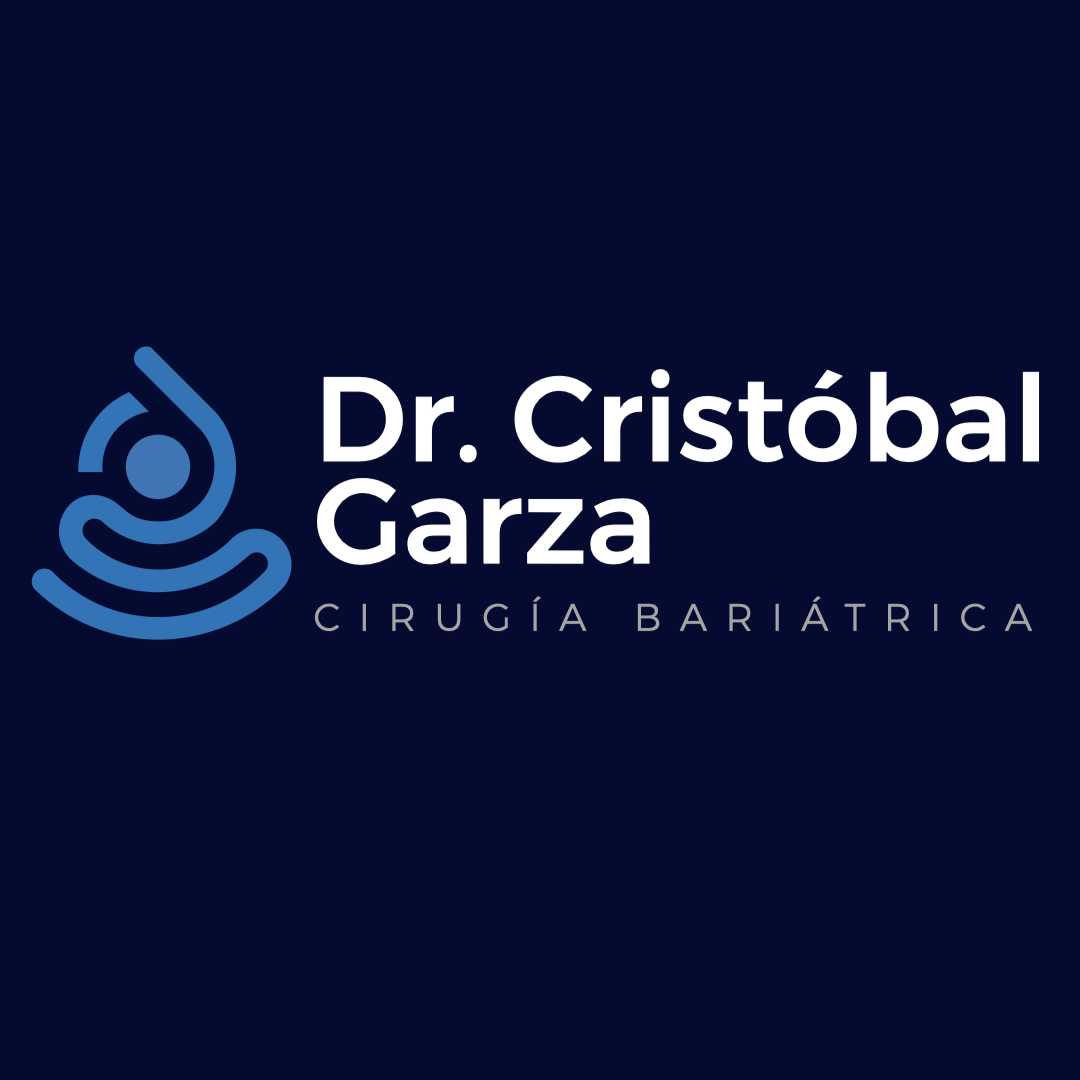

Share this listing